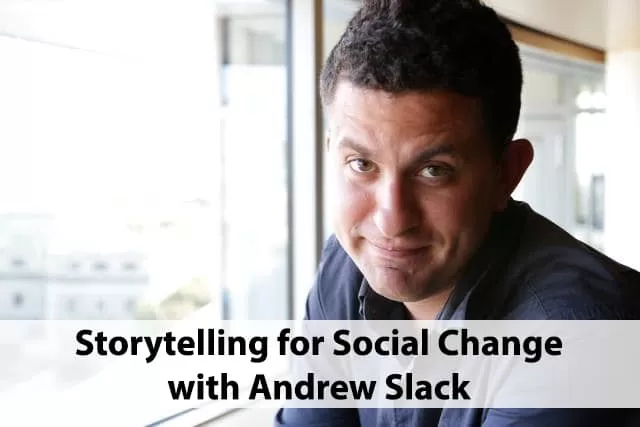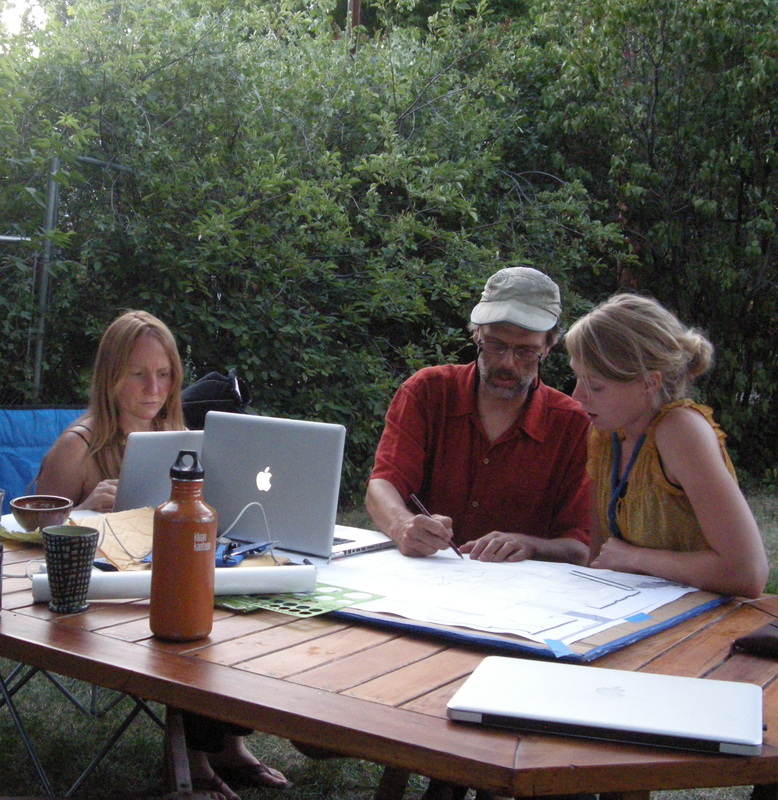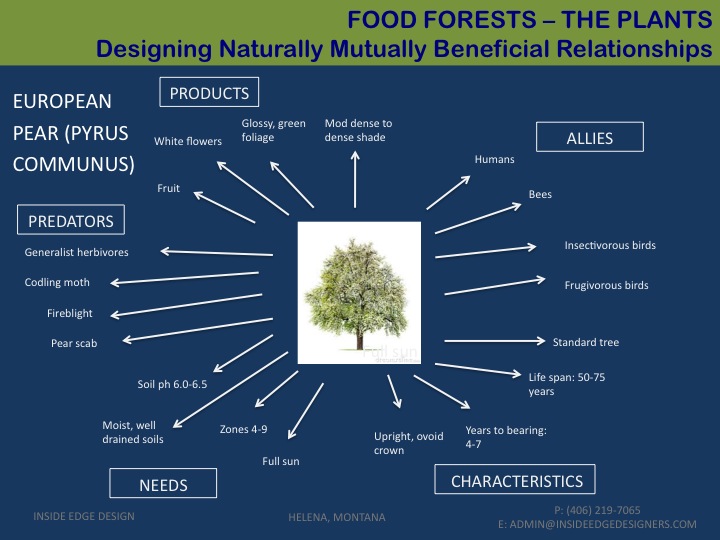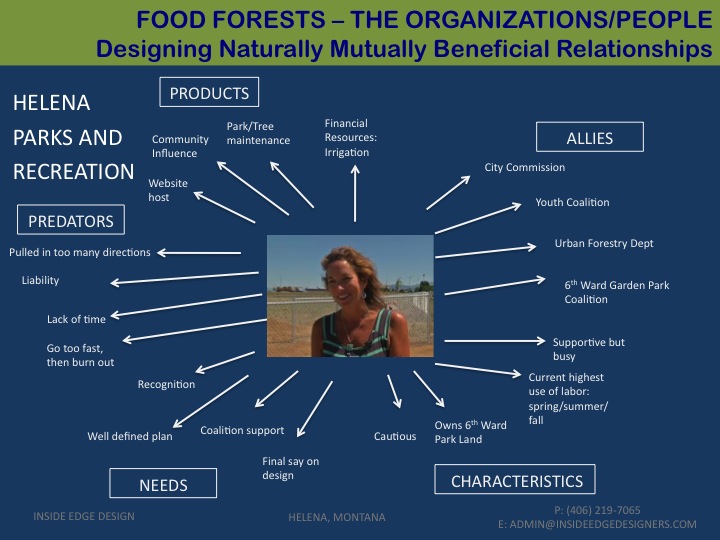Storytelling for Social Change

My guest today is Andrew Slack. He joins me to share his thoughts and personal experience on how to use storytelling to create social change.
A climate activist and former head of the non-profit Harry Potter Alliance—which used the collective fandom of J.K. Rowling’s Wizarding World to create a movement of good-will in the real-world—we talk about his approach of using the arts to catalyze movements through the stories we share, as fans of fiction, from our culture, or our individual lives. He also asks some questions of me about why permaculture matters, in a conversation that wound up personal for both of us. You can find out more about Andrew's current project at savesantashome.us. I’ve also included links in the resource section of this episode to The Harry Potter Alliance and other places you can find more about him and his work in the wider world.
Visit Our Partner: VerdEnergia Pacifica
When I started this podcast in 2010, I wanted to deepen my understanding of permaculture and share what I learned during my permaculture design course. As time went on my interview skills improved and more and more people joined me as guests, including authors whose books you have on your shelves to others recording their first-ever media appearance. As that happened, so the show became about people sharing their stories. For those who were media savvy, to get them to stray from their talking points and tell us a personal tale about who they are, where they come from, and why what they do matters. For those who were new, to draw out their passion and hear more about what they care about. Together we could find threads in common to connect to and inspire. That regardless of our backgrounds we could understand one another as people, and make the world smaller, more intimate, and peaceful. Meeting with Andrew and sitting down with him in his apartment in Washington, D.C. I wanted to understand how people take their stories, their art, and the connections they see to create something bigger than individual actions. Something more than ourselves that is engaging, fun, and world-changing because as permaculture practitioners, we know how to solve problems. How to grow food. How to feed people. How to care for the other-than-human. How to restore ecosystems. How to repair damage to our communities. What I find missing is how we share the vision of what this bountiful future based on ethical design looks like. How do we use story, modern myths, the arts, to create broader social change? How do those of use skilled beyond the landscape apply our talents to create lasting and permanent culture atop the regenerative surplus of permanent agriculture? I know many of you are artists and storytellers yourselves. You write. You draw. You make comic books. You paint. What kind of collective can we form and work together so that people yearn for the dream of a lush, verdant, bountiful world? I’d love to hear from you.
Leave a comment below.
Send me an email: The Permaculture Podcast
Or write: The Permaculture Podcast The Permaculture Podcast. Until the next time, spend each day sharing your story, telling new ones, and changing the world around you, while taking care of Earth, your self, and each other.
Sign the Change.Org Petition to Save Santa's Home!
Resources
Andrew Slack (Twitter) Andrew Slack (LinkedIn) The Harry Potter Alliance
Joseph Campbell’s Interview with Bill Moyers
Related Interviews


 My guests for this episode are Caroline Wallace and Jesse Peterson, pictured here with their mentor Dave Jacke. Caroline and Jesse are the owners of
My guests for this episode are Caroline Wallace and Jesse Peterson, pictured here with their mentor Dave Jacke. Caroline and Jesse are the owners of 

 After a short break to wrap up graduate school, today’s interview is with Steve Whitman, a permaculture designer and planner from New Hampshire. In addition to all of his work on various planning boards he also runs
After a short break to wrap up graduate school, today’s interview is with Steve Whitman, a permaculture designer and planner from New Hampshire. In addition to all of his work on various planning boards he also runs